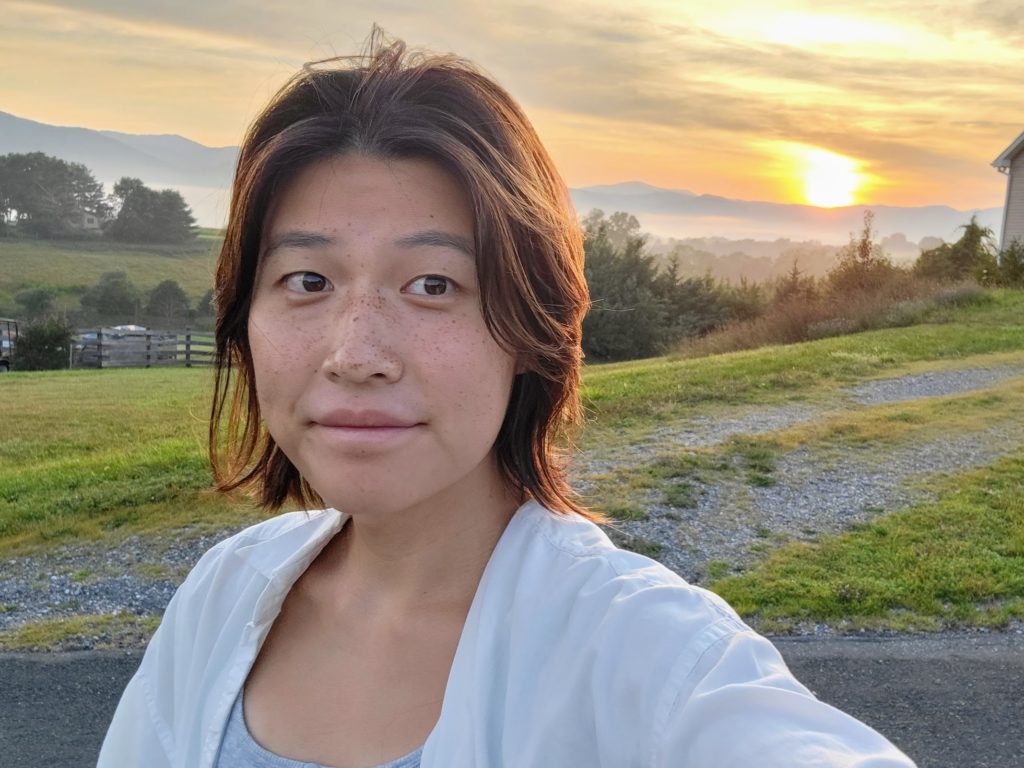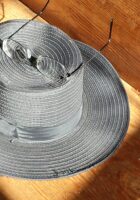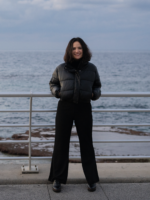Poem of the Week | September 12, 2022

“Lethologica” by Tianyu Yi
This week’s Poem of the Week is “Lethologica” by Tianyu Yi.
Tianyu Yi is the Wiley Birkhofer Fellow at the NYU MFA in Creative Writing Program, where she is one of two nominated by the program for this year’s edition of Best New Poets. She is a graduate of Davidson College, where she majored in Creative Writing and Asian American Studies, and was the first person to receive First Prize two years in a row in the Vereen Bell Writing Awards, judged by Kazim Ali and Erika Meitner, respectively. Her undergraduate poetry thesis, Catechisms, received the Frontis Johnston Award for best interdisciplinary thesis. This is her first major publication.
Lethologica
I haven’t called my family since my aunt said,
“What a beautiful daughter you would have made.”
Like an alchemist, I barter
Mandarin for womanhood.
In the night, God lifts a little more clay to my chest
and takes another word from my brain.
Today, I woke without marrow,
sex, second cousin.
I don’t know what I don’t know anymore.
Chinatown grocer, I’m sorry for
this lonely quiet. Dread blossoms on my tongue.
If I speak wrong, it seeds: who hears
the apple in my barren throat?
Is this life I force possible?
Words I had once, words
she cooed to me in the womb.
They clutch for
me, motherless.
Author’s Note
Shortly after a gender-affirming surgery I hid from my family, I moved to Sunset Park — Brooklyn’s Chinatown. “Lethologica” — the inability to remember a word — came from a series I wrote as I recovered into a peace inside my body I’d worked towards for so long, while mourning the linguistic cost of that peace and the familial separation it requires. The opening two stanzas speak to the coupled ironies of my transition: the inverse relationship between my womanhood and my mother tongue, and how my aunts, who have always doted on my femininity as the closest they have to a daughter, celebrate me in the same breath they name what I’m doing as impossible.
I was also interested in passing as both a transcultural and transgender experience. At the green grocer, I’m trying to pass as a native Chinese speaker and a cis woman; I am afraid of lost words or the sonic quality of my voice betraying me in either way. When I get it wrong, I feel the cost of that familial distance exacting itself again – like I can be a woman, but never a Chinese woman.
SEE THE ISSUE
SUGGESTED CONTENT

Poem of the Week
May 06 2024
“from Elam House (Austin, Minnesota)” by G.C. Waldrep
“from Elam House (Austin, Minnesota)” by G.C. Waldrep is our Poem of the Week. G.C. Waldrep’s most recent books are feast gently (Tupelo, 2018), winner of the William Carlos Williams… read more

Poem of the Week
Apr 29 2024
“This Body is a Songbird in a Kiln” by Athena Nassar
“This Body is a Songbird in a Kiln” by Athena Nassar is our Poem of the Week. Athena Nassar is an Egyptian-American poet, essayist, and short story writer from Atlanta,… read more

Poem of the Week
Apr 22 2024
“Faith” by Nur Turkmani
“Faith” by Nur Turkmani is our Poem of the Week. Nur Turkmani lives in Beirut and researches social movements, gender, displacement, and agriculture. Her writing appears in West Branch, The… read more

